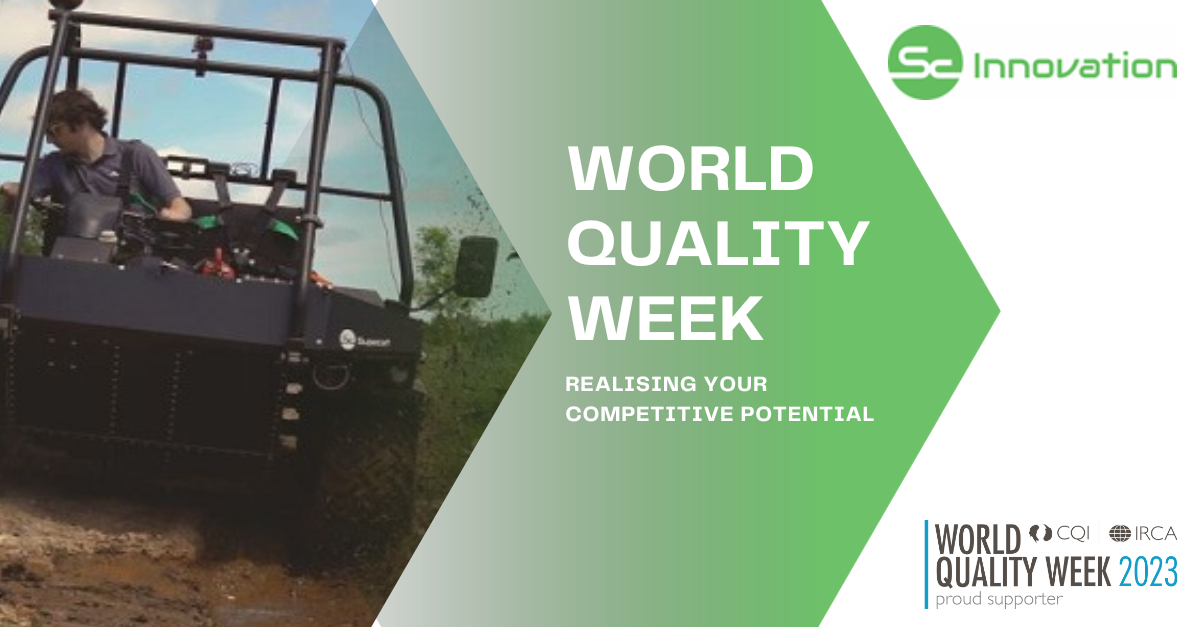
It is World Quality Week, with the main theme Quality: realising your competitive potential.
We asked our Quality Lead, Peter McIndoe in Australia what successful quality initiatives and improvements we have made in the organization over the last few years:
“I think of Quality as a fundamental aspect of the entire organisation, not just a separate department. Our Quality principles are integrated into all processes within the Supacat group. The true strength of our quality assurance is from years of cross-functional collaboration. Different teams working together to build a system that documents how we manage risks, ensures that the decisions we make are based on data and that we continuously improve, all while adapting to the inevitable changes in our business environment.
Our successes (and our failures) have resulted in the continuous evolution of our business systems (Quality). It’s the tools we take for granted that keep us on the path. Tools like Project Reviews that standardised the way we manage our projects. It’s a tool that anyone, whether they a have been with the company for 10 years or 10 days can follow. Tools such as this, show us what we must do, how we are tracking to the original plan, what risks we face and whether we need to change course. The examples are endless and part of everyday activities, but we probably don’t think of them as “Quality”.
Each department has similar tools that standardise how we do engineering release, how we control the finances of the company, how we interact with our suppliers and customers. Also, how we adapt and improve after setbacks, how we manage the flow of products and services through our workshops.
If I was to give a specific example, I would use the NSOC communications upgrade that we implemented into our fleet our vehicles in 2022. Think of all the aspects of the business that were required for this project to be a success. We collaborated with our customer and came up with a clear understanding of what we wanted to achieve. We defined that requirement in a clear statement of work and we distilled that statement of work into clear work instructions. We communicated when this task needed to be completed and documented how to verify that the product was fit for use. We worked out what resources were needed and procured the materials to complete the task and worked out a budget, then monitored the progress. Along the way we adapted to the challenges and unforeseen problems that occurred.
Consider how many aspects of the business collaborated to make that happen. The proof of the success is that we carried out this major upgrade to the HMT fleet at three separate locations with different teams of people. How you ask? The standard business tools that we use every day. The same tools we apply to any task that we do, whoever the customer may be.
If we take anything away from Quality Week it should be, there isn’t some department in Supacat that does all this work. Quality is the contribution made by each and every employee within the organisation”.